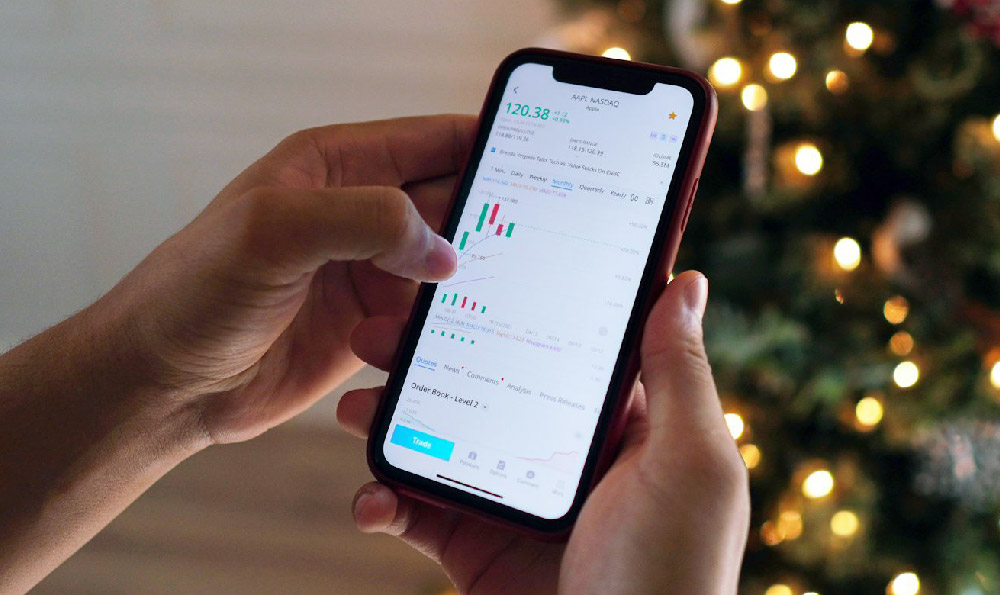The intersection of part-time employment and unemployment benefits is a complex area governed by a patchwork of state and federal regulations. While the notion that part-time work could directly translate into unemployment benefits might seem counterintuitive at first glance, the reality is nuanced and depends heavily on specific circumstances, state laws, and individual eligibility criteria. Let's dissect this topic with the meticulousness and foresight required to navigate the often-murky waters of employment law.
The core principle underlying unemployment insurance is to provide temporary financial assistance to individuals who have lost their jobs through no fault of their own. This safety net is designed to bridge the gap between employment spells, allowing individuals time to search for new opportunities without facing immediate economic hardship. However, the system is not intended to subsidize individuals who voluntarily reduce their work hours or are already employed.
One of the most common scenarios where part-time work interacts with unemployment benefits involves individuals who were previously employed full-time but have experienced a reduction in hours due to circumstances beyond their control. For instance, a company might implement a mandatory reduction in work hours across the board due to economic downturns or restructuring. In such cases, many states offer "partial unemployment" benefits. These benefits are designed to supplement the reduced income from the part-time work, essentially making up for a portion of the lost wages from the full-time position. The exact eligibility criteria and benefit amounts vary widely from state to state, but generally, individuals must demonstrate that they are actively seeking full-time employment while maintaining their part-time job. They also need to meet the state's minimum earnings requirements and have been employed for a sufficient period to qualify for benefits.

The calculation of partial unemployment benefits usually involves subtracting a certain percentage of the individual's part-time earnings from the maximum weekly benefit amount they would have been eligible for had they been completely unemployed. This ensures that individuals are not receiving more in unemployment benefits than they would have earned if they were still working full-time. Some states also have specific rules regarding the type of work accepted while receiving partial benefits. For example, self-employment income may be treated differently than wage income, and the hours worked might be capped to encourage active job seeking.
Another situation where part-time work might influence unemployment benefits arises when an individual is initially unemployed and then accepts a part-time job while continuing their job search. In this case, the individual may still be eligible for partial unemployment benefits, depending on the state's regulations and the specifics of their job search activities. Most states require that individuals receiving unemployment benefits actively seek suitable full-time work and document their job search efforts. Accepting a part-time job does not automatically disqualify an individual from receiving benefits, as long as they continue to meet the job search requirements and remain available for full-time employment. However, the income from the part-time job will be considered when determining the amount of benefits they receive.
It’s crucial to understand that not all part-time work qualifies for partial unemployment benefits. Certain types of employment, such as independent contracting or seasonal work, might have different rules or limitations. Furthermore, if an individual voluntarily reduces their hours or leaves a full-time job to accept a part-time position without good cause, they are generally not eligible for unemployment benefits. The "good cause" provision typically refers to circumstances beyond the individual's control, such as documented harassment, unsafe working conditions, or a significant change in job duties.
The potential for fraud is a significant concern in the unemployment benefits system, and state agencies actively investigate cases where individuals may be improperly claiming benefits while working part-time. This includes instances where individuals fail to report their part-time earnings accurately or misrepresent their job search activities. Penalties for unemployment fraud can be severe, including repayment of benefits, fines, and even criminal charges in some cases. Therefore, transparency and accurate reporting are paramount for anyone receiving unemployment benefits while working part-time.
Furthermore, the ever-evolving nature of the gig economy has introduced new complexities to the relationship between part-time work and unemployment benefits. Gig workers, who often piece together income from various short-term assignments, may find it challenging to navigate the traditional unemployment insurance system. Some states have implemented specific programs or guidelines to address the unique circumstances of gig workers, but the eligibility requirements and benefit calculations can be intricate.
In conclusion, the question of whether part-time work can lead to unemployment benefits is not a simple yes or no answer. It hinges on a confluence of factors, including the individual's employment history, the reason for the reduction in work hours, the state's unemployment insurance laws, and the individual's ongoing job search activities. Individuals considering claiming unemployment benefits while working part-time should consult with their state's unemployment agency or a qualified legal professional to ensure they understand their rights and obligations under the law. A proactive and informed approach is the best defense against inadvertently violating regulations and jeopardizing their eligibility for benefits. The key is meticulous documentation, accurate reporting, and a clear understanding of the specific rules governing unemployment benefits in their state.












